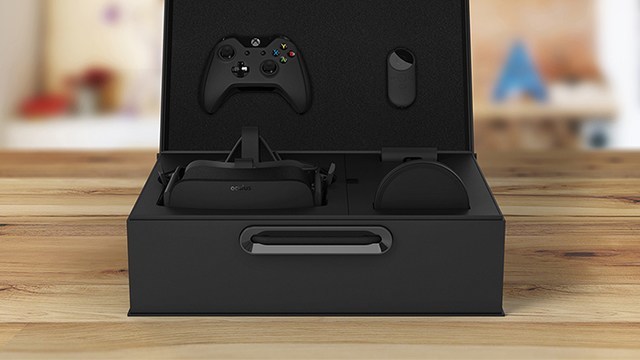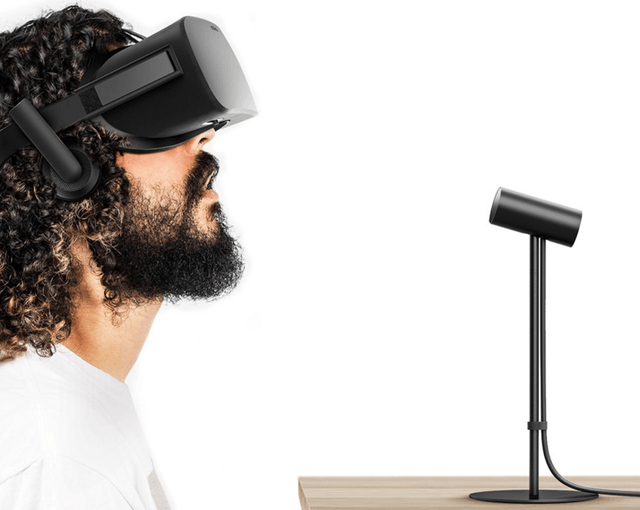On January 6th, 2016, the world got its first look at what a modern VR gaming headset would look like with the Oculus Rift becoming available for pre-orders. After many years of development, a consumer VR headset that has support from a wide range of game developers will finally make its way to living rooms, but with one small caveat: each Oculus Rift bundle costs over $600.
Needless to say, such a price tag is prohibitively expensive, especially once you throw in the fact that you need to have a strong Windows PC to use the Oculus Rift to begin with.

To coincide with the release of the Oculus Rift, Palmer Luckey, the founder of Oculus and the designer of the Rift, answered questions on Reddit regarding the Oculus Rift, where many were wondering why each bundle costs more than a brand new console.
So why does the Oculus Rift cost so much?
According to Palmer Luckey, the biggest contributor to the cost is simply the technology itself. “The core technology in the Rift is the main driver – two built-for-VR OLED displays with very high refresh rate and pixel density, a very precise tracking system, mechanical adjustment systems that must be lightweight, durable, and precise, and cutting-edge optics that are more complex to manufacture than many high end DSLR lenses.”
As a result, the other things that are included in the Oculus Rift bundle, such as the Xbox One controller and two free games, “just don’t significantly impact the cost.”
In fact, it was anticipated that the Oculus Rift (and this is the important part) plus a new PC that can run Oculus would cost $1500 altogether, with most of the cost being attributed to the PC. True, earlier versions of the Oculus Rift, namely the DK2 version, were priced at around $350, but they apparently relied on older technology.
So what does all this mean?
To a degree, this was to be expected. Gaming consoles are allegedly sold at a cheaper price than what it actually takes to manufacture them in the hopes that the costs can be recouped when people buy games and use the consoles for general entertainment purposes. “To be perfectly clear, we don’t make money on the Rift,” Luckey said.
In fact, Luckey claims that most of the time spent on VR right now is on “videos and experiences, not games.” However, it is anticipated that VR technology will expand beyond gaming as the technology evolves.
But for now, it seems as though the Oculus Rift will go with the tried and true method of relying on game sales to stay afloat. Luckey claims that over 100 games will be available for the Oculus Rift by the end of 2016, with prices that range from free to normal retail price.








Published: Jan 7, 2016 11:35 am